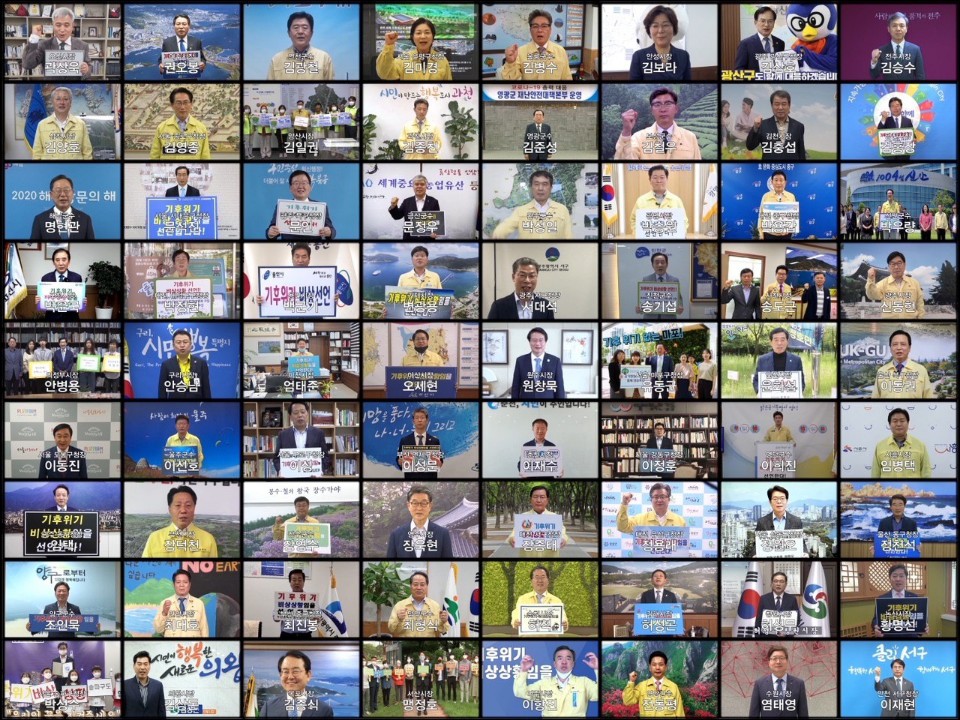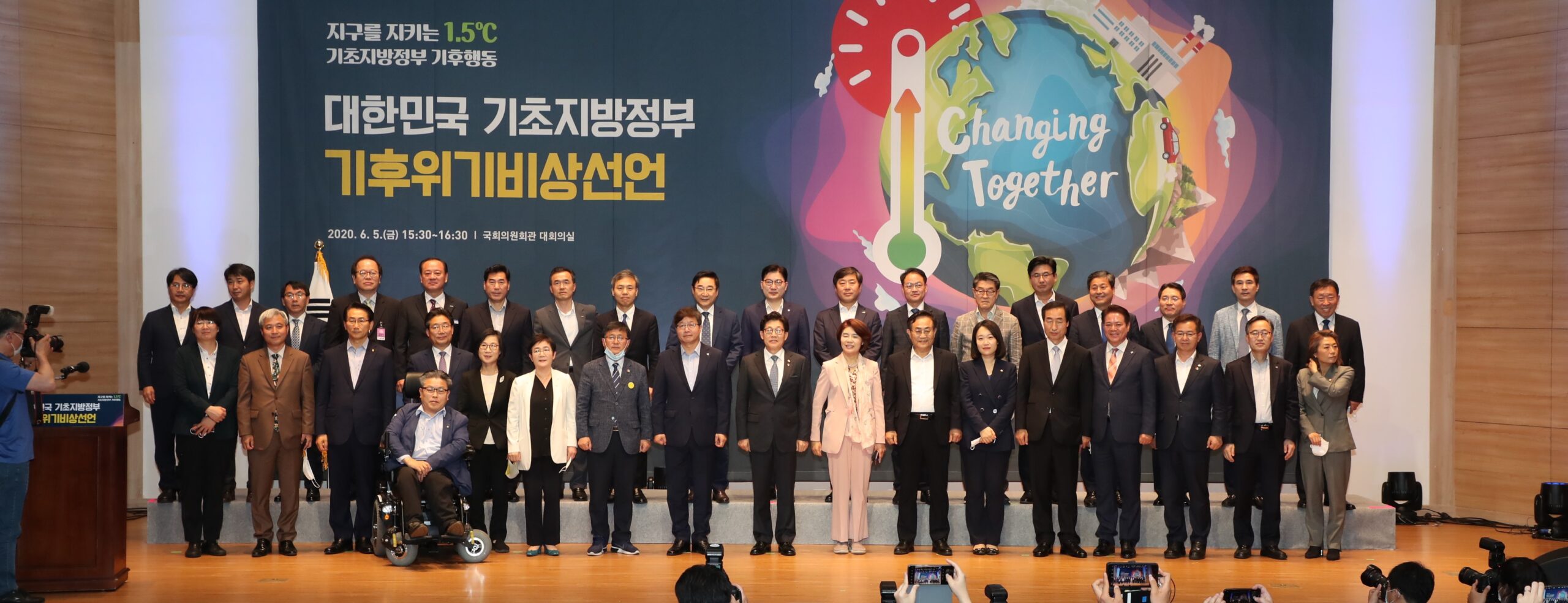Written by: Kimberly White
Local governments in South Korea have declared a climate emergency. Representing 98 percent of South Korean governments, 226 local governments have joined together in the largest climate emergency declaration to date.
Announced during the Korean National Assembly, 30 mayors adopted the declaration, representing all 226 local government leaders.
“We acknowledge that the climate change is at emergency levels and publicly declare that the local governments will play a leading role in responding to the global climate crisis,” said Hongjang Kim, Chairman of the Local Government Association for Climate & Energy Transition.
The declaration emphasizes the roles and responsibilities local governments have in tackling climate change, noting that local governments are the ones who often make the first move in response to climate change impacts.
“As we have witnessed during the COVID-19 crisis, local governments are the ones who move first in response to climate crises and disasters. It is also local governments that implement adaptive action plans for those vulnerable to climate disaster. Local governments, together with citizens, shall take the initiative to set targets for greenhouse gas reduction and to establish and implement responsive plans to protect the vulnerable,” states the joint declaration.

Credit: ICLEI Korea
South Korea’s climate goals have faced criticism among the global community. Climate Action Tracker grades South Korea as “highly insufficient” because of the national government’s hesitance to phase-out coal. Currently, the energy sector is responsible for more than 86 percent of the nation’s greenhouse gas emissions, according to the local governments.
The signatories are calling on the national government to commit to carbon neutrality by 2050 immediately and implement new policies for a transition to renewable energy.
Through the declaration, the South Korean municipalities pledged to set emissions reductions targets aligned with the 1.5°C goal, expand the use of renewable energy, and develop plans to achieve energy independence.
“We greatly welcome the joint declaration by the local governments. Local governments are key players in the energy transition to establish a decentralized renewable energy system,” said Daul Jang, Advocacy Specialist of Greenpeace East Asia Seoul Office.
Header Image Credit: Greenpeace International







